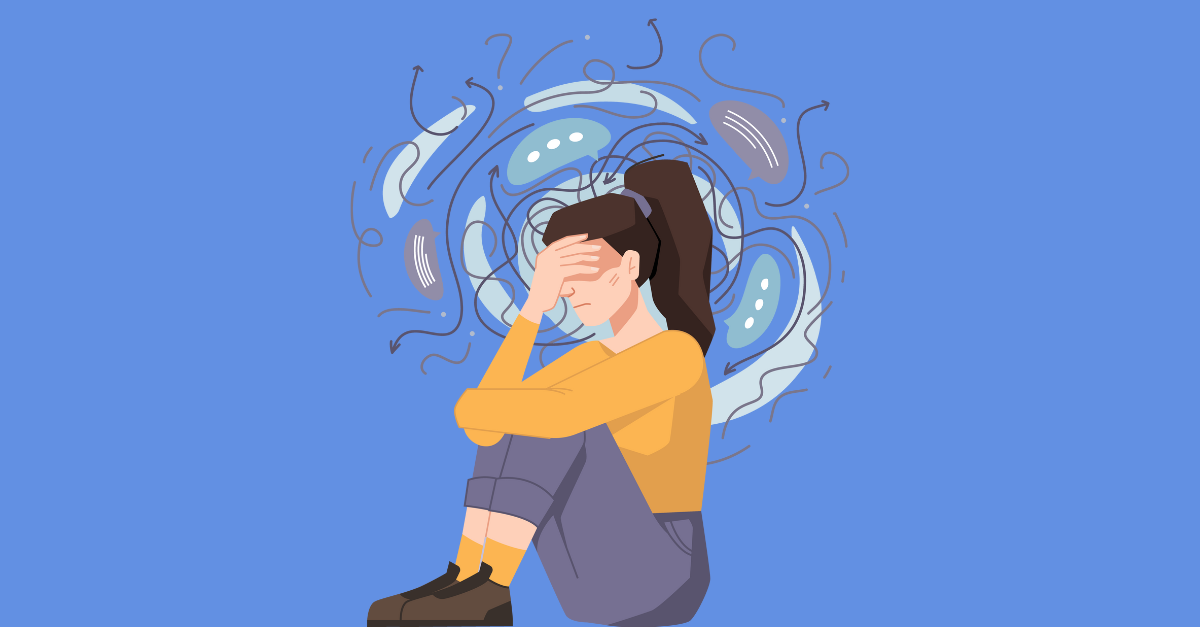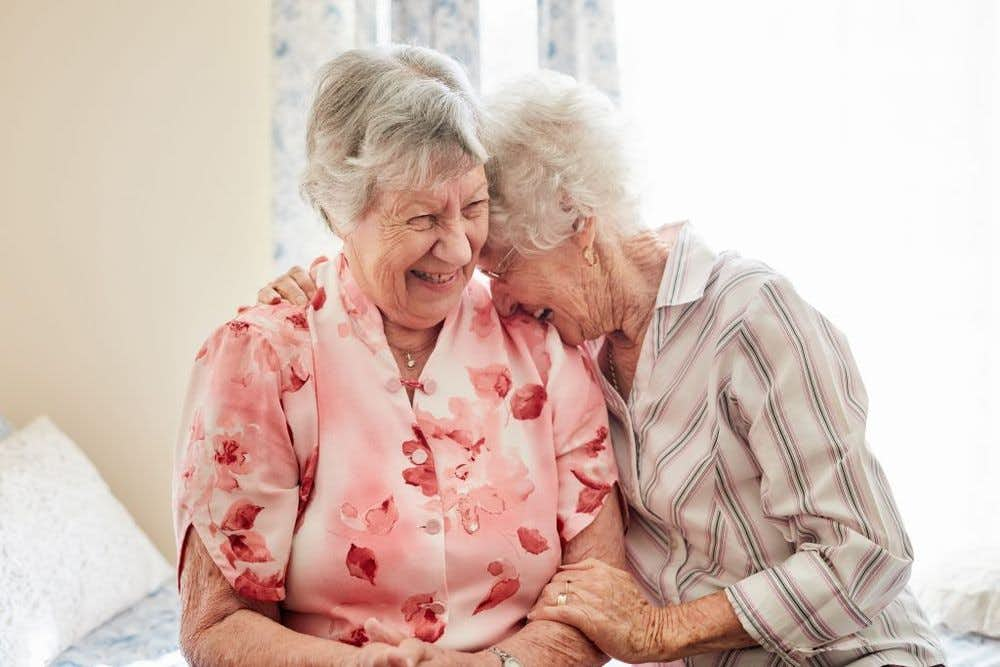February 15th, 2023

February is Relationship Wellness Month. In my previous blog, I discussed the signs of healthy traits in a relationship. It is also important to be aware of traits that are not healthy and can hinder a relationship. In some relationships, partners may have codependent relationship signs or patterns. Traits of people in codependent relationships consist of behavioral and cognitive patterns that impact one’s ability to engage in a mutually beneficial relationship with others.

Children who grow up in environments where a dysfunctional relationship is present may develop codependent characteristics. When children are in environments during key developmental periods where there is no stability among family members, they learn to fend for themselves. They also pick up on behaviors that are present or lacking in their caregivers or other people involved in their upbringing. Codependency is not strictly developed in childhood and often is developed in adult relationships where loved ones suffer from substance use problems, abuse is present, or other mental health issues.

1.) Challenges establishing healthy boundaries - When an individual grows up in an environment where boundaries do not exist, establishing them as an adult can feel impossible. This can often be due to difficulty expressing needs and emotions leading to poor communication.
2.) People Pleasing– This often presents itself in wanting to put the needs of others first before oneself. It can occur when one has too much on their plate yet still commits to more. Even knowing that they can’t take on another task or responsibility, they say still yes because they don’t want to disappoint someone. This can also be present in doing things that might make others happy at the expense of their own happiness.
3.) Hyper-responsibility of others– This could present in the form of caretaking or over-worrying about others – when it’s not the person’s place to feel responsible. In the case that substance abuse is present, this could look like lying to a partner's boss and saying an emergency came up when the partner is hungover. It may also present feeling guilty for not being able to protect someone from harm when no preventative measures could have been taken.
4.) Excessive Need for Approval from others- When making decisions, they are usually influenced or made based on what the person thinks will best serve the people around them. Individuals with co-dependent traits often feel sadness or guilt if approval is not given from those that they care about. They may have difficulties in making decisions or need excessive reassurance from others that they are making the right decision.

5.) Making Excuses for Others' Bad Behavior- In situations where substance use or emotional or physical abuse may be present, people with codependency try to justify others' inappropriate behavior. They will rationalize why someone that they care about is acting a certain way or convince themselves that they are responsible for the way their loved one is acting. This can lead to feelings of guilt and self-responsibility for something that is not their fault.
6.) Feelings that they are unlovable or difficulties with rejection- Those with codependent traits often feel a deeply rooted sense of shame. This shame often results in low self-esteem and convinces them that they are not worthy of being loved or that if they make mistakes they are not lovable. This can stem from childhood trauma or from other relationships where they were not made to feel as though they were enough.
7.) Difficulties Accepting Help From Others- We all have a tolerance of how much we can handle but our thresholds are all different. Those with codependency may struggle to ask for help when they need it. They are often aware that they have too much to get done or know that doing all of these things may lead to burnout, anxiety, or exhaustion yet they don’t feel comfortable reaching out to others for help. They want to show that they can handle it on their own regardless of potential consequences.
8.) Unhealthy Dependency on others- In a codependent relationship, there is often a fear of abandonment. This is dangerous, especially in situations where abuse may be occurring. The codependent may be afraid of separating themselves from the situation or person even if it isn’t healthy as they fear being alone. They may also recognize that if they leave the situation, they will lose their caretaking role which has become important to them and provides them with a self of worth. Many more codependent traits exist than are listed above. Improving codependency can take time as it involves changing habits or characteristics that have become embedded in one's personality. The first step to working on codependency or a codependent narcissist relationship is identifying the unhealthy traits present and implementing healthy boundaries into those codependent relationships. By doing this, one can work on creating relationships that are healthy for both partners.
Our Services
Virtual/Online CarePHP and IOPAdult PsychiatryChild & Adolescent PsychiatryAdult TherapyChild & Adolescent TherapyCouples CounselingFamily TherapyGroup TherapyPsychological TestingTranscranial Magnetic Stimulation (TMS)